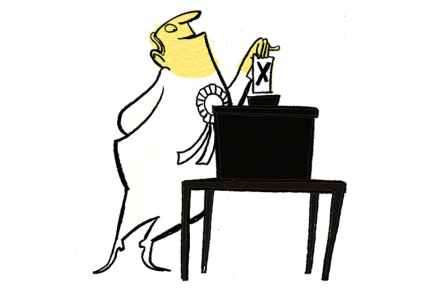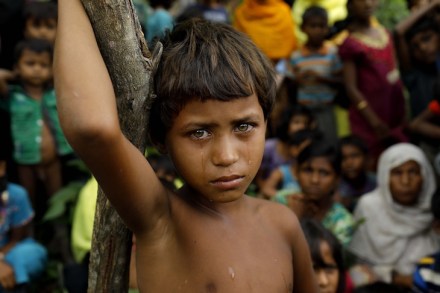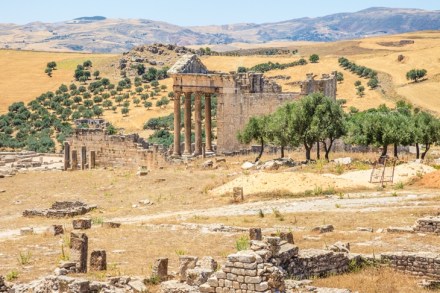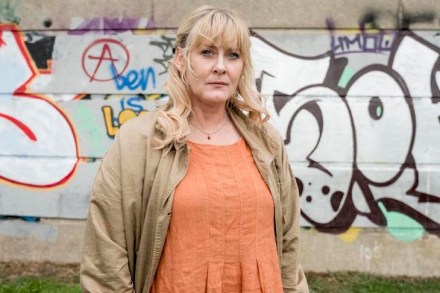The real special relationship
In all the agonising about Islamism, and what to do about it, it would be a mistake to forget a very useful fact: that Britain has a special relationship with Islam and has done for centuries. The friendship with Islam is unique. Spain was home to Andalusia, a Muslim empire for 700 years. The Germans, Poles and Austrians saw off Turkish Muslim invaders in the Siege of Vienna in 1529 and then again at the Battle of Vienna in 1683. The French lived in the shadow of 732 and the Battle of Poitiers. Britain alone, cut off from Catholic Europe, forged a relationship with Muslims built on trade, the rule




















